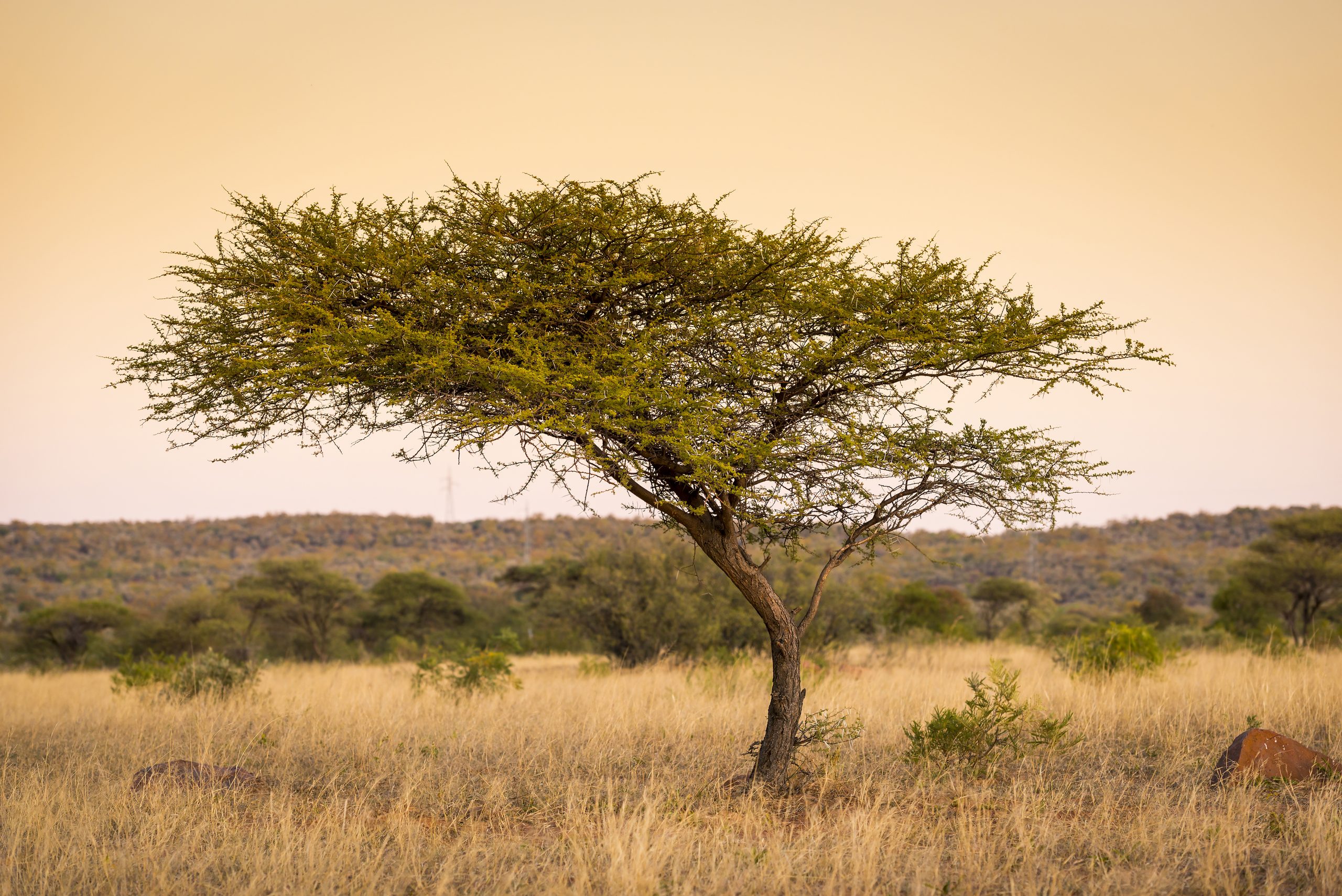Kenyan Honey Protects Trees and Saves Forests
March 07, 2016
Honey, Honey Bees, Honey Industry
Droughts resulting from higher worldwide temperatures have been reported consistently throughout the past year, and Kenya is among those places feeling the wrath of the world’s heat spike. Kathy Mbondo, a native of Makueni County, Kenya, understands the risk of starting a business in times of low rainfall and low agricultural productivity. Her flower export business and traditional vegetable farm both failed due to unpredictable rainfall and other elements, but even then Mbondo’s response was, “The business terrain is rough and bumpy and only meant for those who can rise again when they fall.” On that note, Mbondo started a new business when she realised her home village had an unexploited plentiful resource--honey.
Many Makueni farmers gave up the honeybee trade due to poor prices, so Mbondo in response took the initiative to build a honey market--specifically by involving acacia trees. In Mbondo’s village, people cut down acacia trees to make charcoal, bringing in four bags worth around $10 total. To conserve those trees, Mbondo started an “every acacia for a hive” project to encourage farmers to place hives on acacia trees instead. “When you put a single beehive on an acacia tree,” Mbondo explained, “you harvest 20kgs of honey per year.” 20 kilograms sold to Proactive Merit (Mbondo’s business) can gather $50 yearly for farmers. Rather than making meager, one-time profits from charcoal, these farmers can have continual profits for many years due to one tree.
With market opportunities suddenly available, farmers began to believe “every acacia for a hive,” and since March 2015 40 farmers have put up 120 hives. Mbondo herself has 50 hives on her parents’ farm, showing her own faith in her business endeavors. Mbondo’s 2016 goal is to buy ten tons of honey, and then package and sell it. Because the honey collected from the acacia trees is raw honey, Mbondo is able to market to more than one audience and solidify her client base further.
Mbondo has faced challenges beyond just environmental factors, such as working capital to buy enough honey during peak seasons. Also, honey is seasonal and not as readily available during drier seasons. There’s also the challenge of farmers not affording hives, though Mbondo hopes to establish a fund so that farmers can get hives with payment plans. Having gone through business challenges herself, Mbondo understands the difficulties that come with them and therefore knows how to lighten the load for farmers.
Mbondo’s efforts have been conserving trees all throughout her home village and her county, and the hope is the “every acacia for a hive” project will contribute to the efforts to cut down on deforestation not only in that area but throughout Kenya. “The opportunity in honey is as versatile as water,” Mbondo said, as she has proven thus far.


.jpg)




